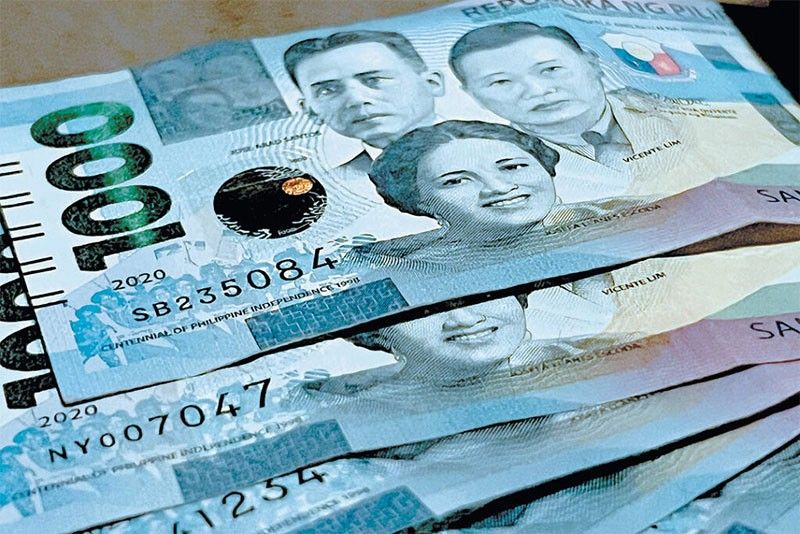Debt could hit P20 trillion by end of Marcos term

MANILA, Philippines — The country’s outstanding debt could breach P20 trillion by the end of the Marcos administration, but economic expansion is expected to outpace such obligation levels.
During the House committee on appropriations briefing with the Cabinet-level Development Budget Coordination Committee for the P6.352-trillion National Expenditure Program late Monday evening, Finance Secretary Ralph Recto defended the government’s borrowing spree particularly for infrastructure projects.
Estimates showed that the country’s outstanding debt could hit P20 trillion by 2028.
“By 2028, the total debt will be roughly P20 trillion, but the total economy will be P37 trillion,” Recto said. “While our debt is growing, our economy is expanding as well and we are lessening poverty levels.”
The projected debt is expected to pick up by 9.8 percent to P16.06 trillion by the end of the year while nominal gross domestic product (GDP) is pegged at P26.5 trillion.
Outstanding obligations could grow by eight percent to hit P17.35 trillion by 2025. By next year, the nominal GDP is expected to reach P28.75 trillion.
The national debt stock as of end-June was at its highest level to date at P15.48 trillion.
“We can expect that the income of Filipinos will grow as the economy grows and we will be able to pay off our debts,” Recto said.
“The debt-to-GDP ratio will also decline to 57 percent by 2028,” he said.
Should the debt be at the P20-trillion level by end-2028, this means that the Marcos administration will be adding roughly P7.21 trillion in obligations during its six-year term.
So far, the Marcos government has added P2.69 trillion to the debt pile since it assumed office.
“We are not borrowing just because of the infrastructure projects. But those are important so that we can create jobs, increase people’s income and reduce poverty. That’s the end game,” Recto said.
The finance chief is also banking on better labor market conditions and declining poverty incidence to boost the economy and eventually reduce debts.
Recto assured lawmakers that the government is continuously managing the country’s debt according to the highest standards of fiscal discipline.
As of June, the gross financing stands at 61 percent of the full-year goal of P2.57 trillion.
Recto emphasized that the country’s heavy bias on domestic financing has facilitated the continued redenomination of the national debt into local currency.
He added that the DOF is favoring long-term obligations to reduce reliance on short-term debt and minimize rollover risks. Currently, long-term debts constitute 79.8 percent of the country’s total portfolio.
“While interest rates have gone up, the cost of our borrowings remains manageable and much lower than our GDP growth,” Recto said.
The country’s effective interest rate for next year is at 5.3 percent considering that the average term of the country’s debt is 7.5 years.
Removing inflation, the country’s real interest rate is only 2.3 percent, lower than the expected real GDP growth of 6.5 percent.
“As central banks begin lowering policy rates – hopefully starting in the third quarter of 2024 – we can expect growth of interest payments to moderate, as long as we continue to manage our debt responsibly,” Recto said.
- Latest
- Trending



























